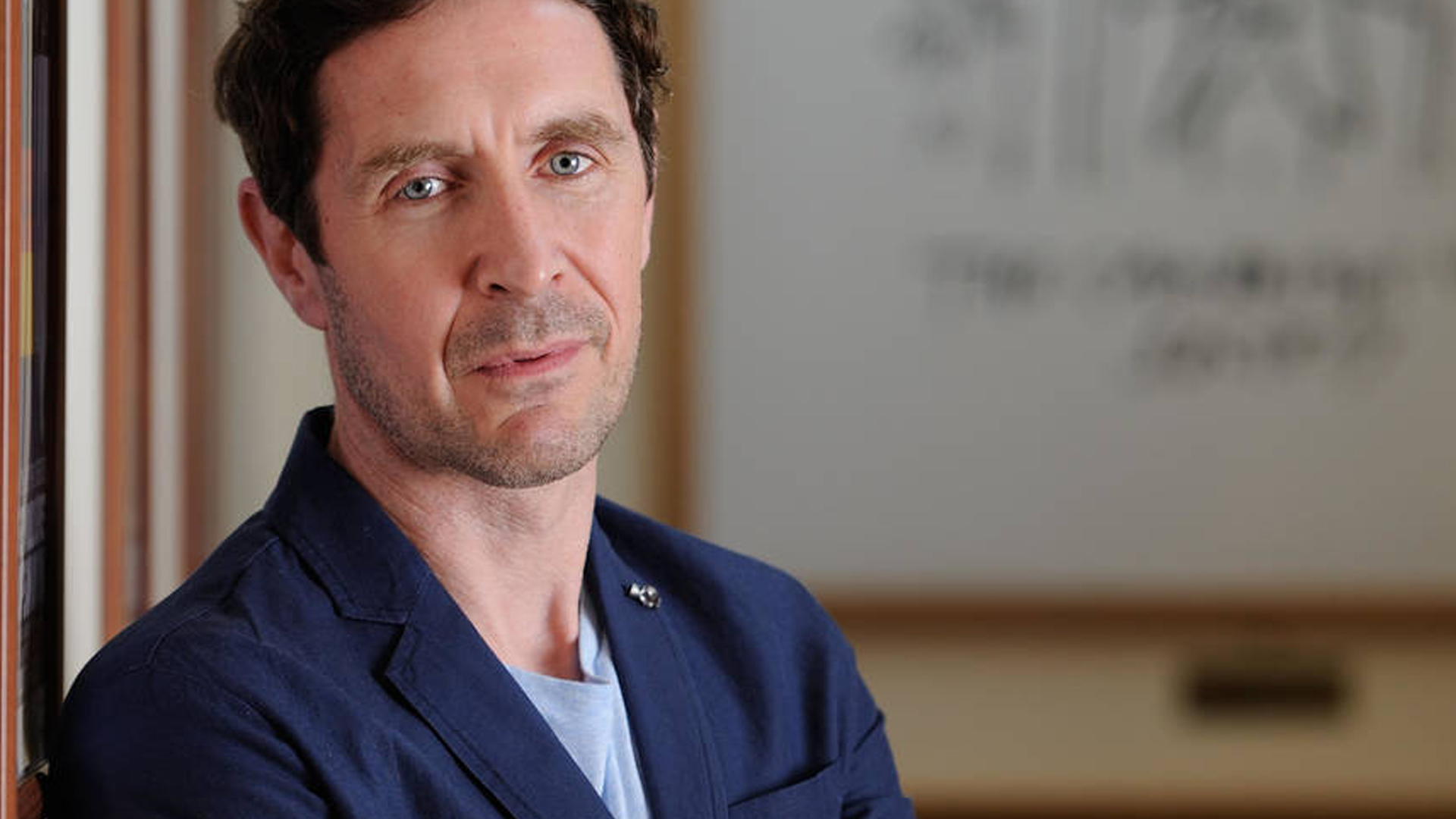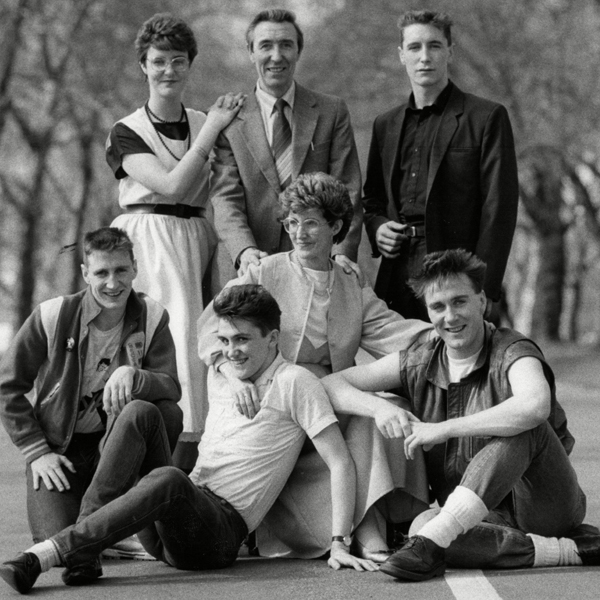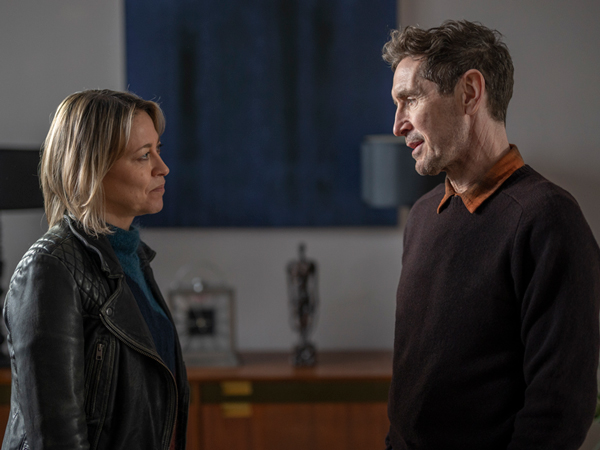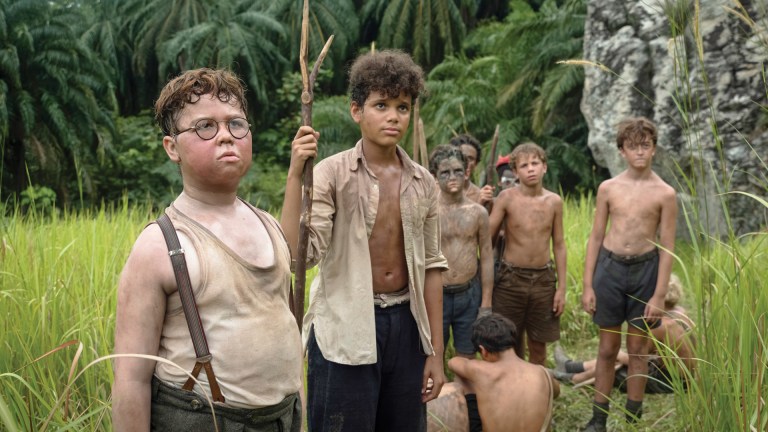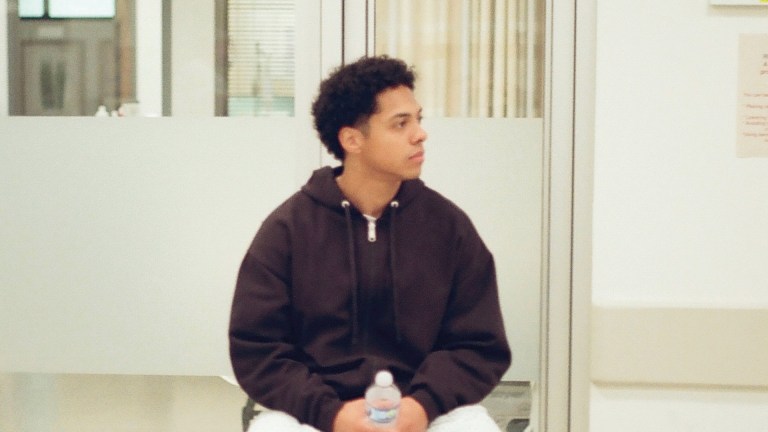Paul McGann’s dream at 16 was to be an Olympic athlete. Six years later, via thespian priests, a job selling shoes and a stint at the Royal Academy of Dramatic Arts, he was starring on primetime BBC One.
He tells Jane Graham about a career across stage and screen, through cult classic Withnail and I and the mass appeal of Doctor Who, in this week’s Letter To My Younger Self.
I went to an all-boys Roman Catholic grammar school in Liverpool, near to where I grew up. When I was 16 I was mad about sport – I was a good track and field athlete and I dreamt about going to the Olympics. But I was persuaded to do a Tom Stoppard play, The Real Inspector Hound, and I kind of loved it. People laughed, and clapped. We were taught by Christian Brothers and one of them, the deputy head, Father James Higham – I’ve never met before or since a more frustrated actor. He was the director and he’d show you how to do every scene and the kids would end up saying, look Father, why don’t you just put the costume on and do it yourself?
Our English teacher, Joe Hartley, also took us to Stratford to see Ian McKellen and Judi Dench in Macbeth. It was the first time I’d been to the theatre and I was absolutely riveted. On the bus home I was dreaming and I kept asking Mr Hartley, but is that a job, is that a real job? After I’d left school I came back to the school to visit and he asked me what I’d been doing since I moved to London. I told him I was selling shoes and having a nice time. He said, you should go to RADA. He told me Glenda Jackson, who was from Liverpool, ended up being Queen Elizabeth I. So I auditioned for RADA and I got in.
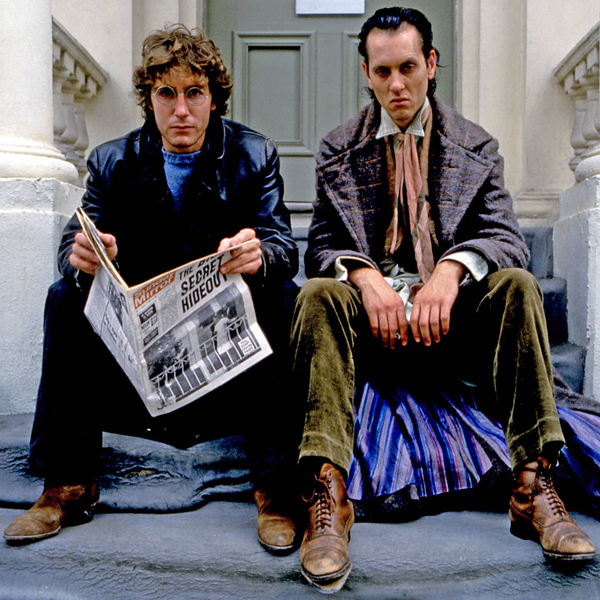
The very first time I was on telly – Give us a Break, with Robert Lindsay — I was about 22 and I remember thinking, oh wow, they’re gonna put it out on Tuesday night primetime on BBC One. The next morning I walked to the bus stop across the street. I wasn’t even getting the bus, I just stood at the bus stop to see what would happen. But nobody said a word to me. Nothing. Two weeks later, I was in a shop buying a paper and the guy behind the counter said: “Have we met before?” And I thought, ah, that’s how this thing is going to go. Withnail and I has had a life far beyond what we imaginedwhen it came out, in a very limited release, to a few mostly indifferent reviews. We loved it and it was the first film I’d ever made, and the first Bruce Robinson directed. We knew it was good, so when we saw the lukewarm response we were disappointed.
Withnail and I found its audience after about 10 years, then after 20 years it was on these lists of the greatest British films ever. And people are still talking about it; some fella stopped me to talk about it just yesterday in the street where I live. Because everybody’s met some mad bastard in their life, some brilliant, genius madhead who it’s obvious is never going to do anything with their life, because they’re just too unhinged. And you know that one day you’re going to have to depart from that person. It’s the best, most beautiful script I’ve ever worked on, there are so many levels to it. Robbo [Bruce Robinson] said, people are going to laugh at this but then they’ll watch again and they’ll see more in it. It’s actually a deeply sad film. It’s about a parting, the loss of a love. The last scene, when Richard does the speech from Hamlet, he’s brilliant. It’s one of the saddest films you can see.
